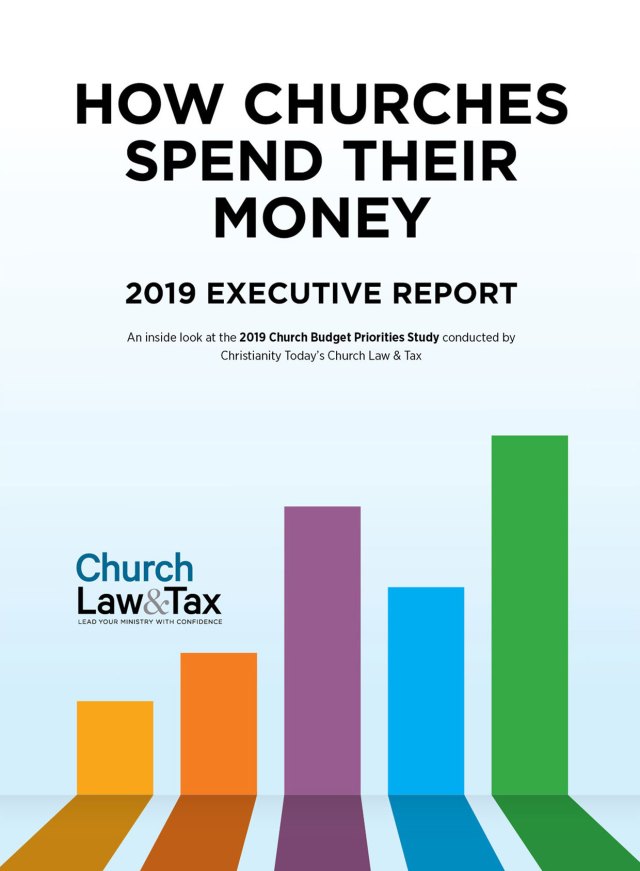Q: Our church has a preschool. If we allow the pastor’s two children to attend the preschool free of charge, then don’t we also have to allow the children of our preschool and church staff to attend free of charge? I called the IRS and they said it had to be the same for everyone. This makes sense to me but our board members have questions. They want this to be a benefit only for the pastor. Must we offer this same benefit to everyone?
Understand what the tax code says
Many churches operate schools or preschools. They also offer tuition discounts to employees of both the school and church whose children attend the school. Section 117(d) of the tax code specifies that qualified tuition reductions are not taxable. To be qualified, however, certain conditions must be met. These include the following:
- The tuition reduction is provided to an employee of an “organization described in section 170(b)(1)(A)(ii)” of the tax code. This section refers to “an educational organization which normally maintains a regular faculty and curriculum.”
- This organization also normally has a regularly enrolled body of pupils or students in attendance. And the body of pupils or students are located where educational activities are regularly carried on.
- The tuition reduction must be for education below the graduate level.
- The qualified tuition reduction must be provided to a current school employee; a former school employee who retired or became disabled; or a dependent child of a school employee.
- Highly compensated employees cannot exclude qualified tuition reductions from their gross income unless the same benefit “is available on substantially similar terms” to non-highly compensated employees. Refer to the IRS for what defines a highly compensated employee. The fact that a highly compensated employee must report the value of a tuition reduction in his or her income for tax reporting purposes does not affect the right of employees who are not highly compensated to exclude the value of tuition reductions from their income.
Is the school ‘operated as an activity or function of’ a church?
In the past, it has not been clear whether the IRS or the courts would consider an employee who works directly for a church to be an employee of an educational institution, even if the church operates a private school. The IRS has ruled that church employees are not eligible for qualified tuition reductions. It noted that nontaxable qualified tuition reductions must be provided by an educational organization described in section 170(b)(1)(A)(ii), which refers to schools. The IRS conceded, however, that a school that is “operated as an activity or function of” a church may qualify as an educational organization for purposes of section 117(d), even though not separately organized or incorporated. It concluded:
An unincorporated school operated by a church or parish…or the school system of a synod or diocese, all may constitute “educational organizations” described in 170(b)(1)(A)(ii) for purposes of section 117(d). The employees generally of such an “educational organization” would be eligible to receive excludable “qualified tuition reductions” from their employer; the exclusion is not limited solely to individuals providing teaching services, but would extend to the employees generally within such function, including secretarial, managerial, administrative, and support function employees.
However, in these circumstances, an excludable [qualified tuition reduction] could not be extended to church employees who were not employed within the context of the school function, or “educational organization,” so defined. Thus, for example, a diocese operating a school system may not properly exclude from reportable wages as “qualified tuition reductions”…the value of tuition reduction benefits it might provide to employees of a hospital it also operates.





